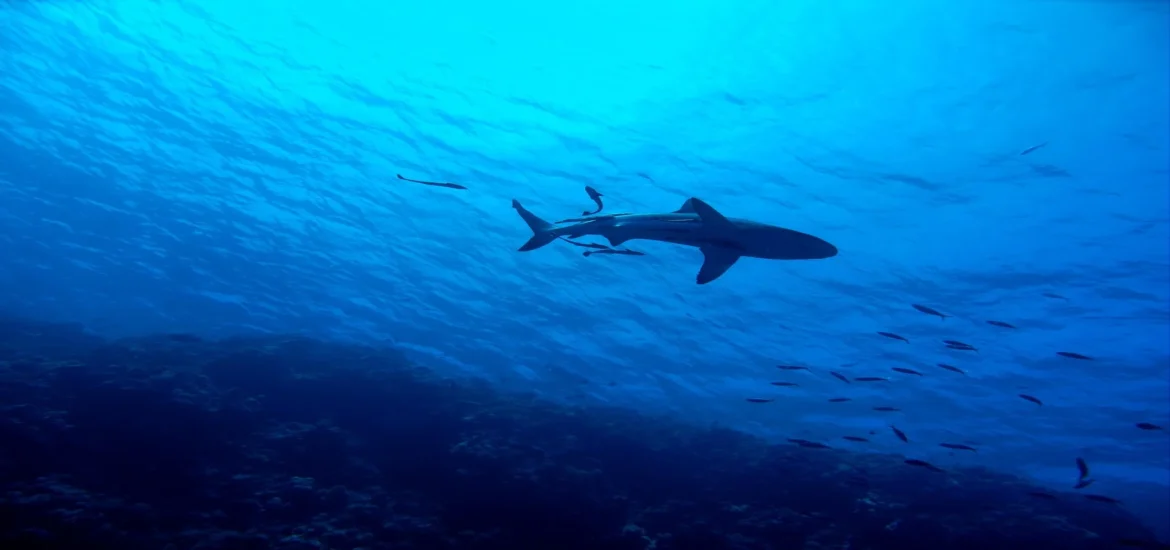As the climate warns, commercially important fish species will shift out of their historical ranges and large marine species like cod will migrate to new areas. Even in these new areas, however, their numbers will drop significantly.
This stark assessment comes by way of a new study for which a team of researchers developed a computer model to predict how prey and predatory species will interact within certain thermal niches and shifting food webs exposed to warming temperatures.
Their findings suggest that “while the species we fish today will be there tomorrow, they will not be there in the same abundance. In such a context, overfishing becomes easier because the population growth rates are low,” Malin Pinsky, an associate professor at Rutgers University’s Department of Ecology, Evolution, and Natural Resources.
“Warming coupled with food-web dynamics will be like putting marine biodiversity in a blender” with unexpected consequences, the scientist adds.
The scientists relied on their computer model to examine trophic interactions, during which one species thrives at the expense of another, and other food-web dynamics to determine how climate change will affect species’ historical ranges. “[P]redator-prey interactions cause many species, especially large predators, to shift their ranges more slowly than climate,” they note.
“The model suggests that over the next 200 years of warming, species are going to continually reshuffle and be in the process of shifting their ranges,” says E. W. Tekwa, a scientist at the University of British Columbia who was a member of the team. “Even after 200 years, marines species will still be lagging behind temperature shifts, and this is particularly true for those at the top of the food web.”
Already in the face of warming water temperatures, millions of species are shifting towards the poles with its cooler waters in a dramatic reorganization of life in the oceans. However, it has yet to be fully understood how the shifting movements of prey and predatory animals will affect food-web dynamics.
This gap in our knowledge is what this new research set out to fill by help of a specially designed “spatially explicit” food-web model, which included such differences in species as their metabolism, body size and optimal temperature ranges.
Even in the face of a changing climate, the scientists have found, species will be hampered in their ability to react quickly to warming temperatures because of their dependence on dynamic trophic interactions. Top predators will especially linger longer in their historical ranges because new food sources from other ranges will arrive in their traditional ranges vacated by their previous prey.
The effects of these shifting dynamics from one range to the next could have unforeseen consequences for fisheries worldwide, further depleting already stressed fish stocks.
“These dynamics will not only be in one place but globally,” Pinsky stresses. “That does not bode well for marine life, and this is not an effect that has been widely recognized.”
This story first appeared on Sustainability Times
© 2022 Sustainability Times.
This article is licensed under a Creative Commons Attribution-ShareAlike 4.0 SA International License.












